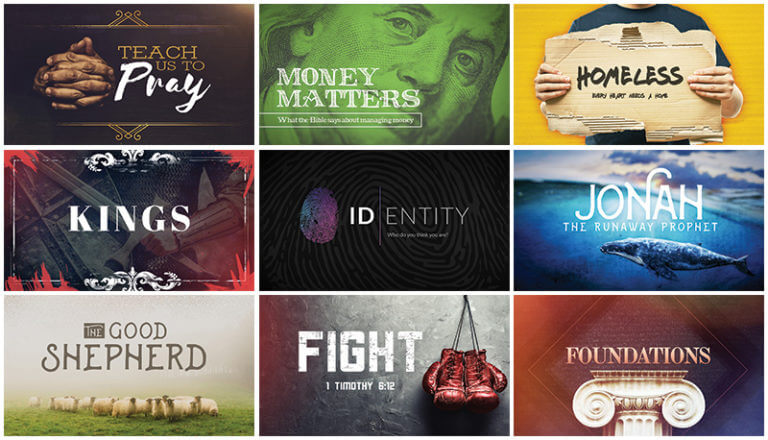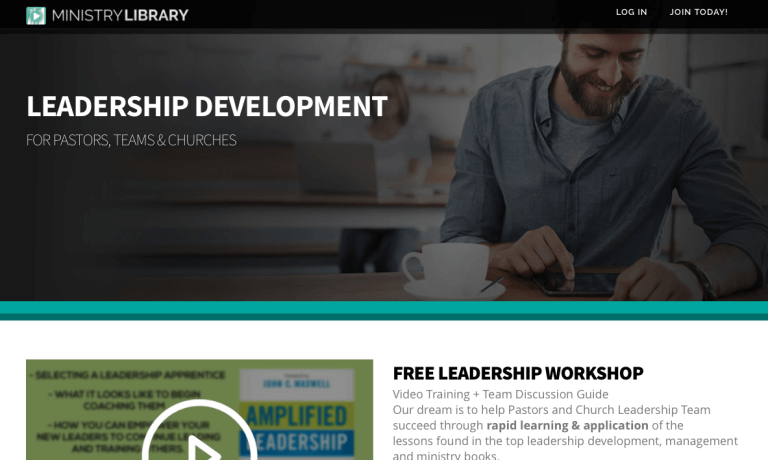Read Better to Preach Better

Most people would say that they love a good book, but I fear we’re losing the discipline of reading in our culture today.
In our ever-increasing pace and the all-consuming busyness of our lives, more people are turning to social media blurbs, podcasts, and headlines for their information.
Doesn’t it seem like fewer people are willing to invest the time to dive into a good book today?
If you’ve noticed this too, you’re not alone.
The Facts About Reading
A Pew Research Center study in 2018 found that nearly a quarter (24%) of U.S. adults admit to not even partially reading a book in the last year. And yes, that includes audiobooks too!
It’s like we graduate from school, and no longer forced to read, we graduate from reading too.
Don’t fall into the trap of lazy learning. As much as I love podcasts (I have one), I like YouTube (I have a channel), and I tolerate social media (it’s necessary to reach people where they are today), there’s no substitute for solitude and a good book.
Even with the rise in popularity of audiobooks (I’ve recorded and produced some audiobooks too), there’s something about the slow, sometimes hard work of reading a text that works your brain and stimulates your thinking unlike anything else.
While some studies declare that there’s basically no difference between reading and listening to a book, that’s not entirely true.
Most of these studies are based on how well people test in remembering stories, which I hope we can agree should be easier to remember than the information in a textbook.
So I’m more inclined to believe studies such as one 2010 study that found that students who only listened to a podcast recording tested worse than those who read the text.
Listening to something is intellectually stimulating, but the work is done for you. Your mind can drift, and the speaker will keep speaking.
Watching something is great. You can learn a lot from visuals, but again, your mind can drift, and the movie continues to roll.
But with reading, you have to focus. You have to understand what you’re reading.
And in those times when your mind drifts (as we all experience) and you get to the end of the page without a clue what you just read, you have the option and obligation to go back, read, and reread it again if that’s what it takes to make sure that you fully understand it.
Reading books today is like going to the gym and putting in the work. Listening to books today is more like going to the gym, and someone else does the work for you.
I’m not against a good audiobook or podcast, or whatever. But the point is that you need to read.
Other options are great. I use them and love them. They make good substitutes, but substitutes are never better than the real thing.
Better Preaching Begins With Better Reading
Have you ever heard the pastor who tells and retells the same old stories, quotes the same passages of Scripture, and preaches the same stale sermons over and over again? Chances are, they have poured everything out without putting enough back in.
They’ve become so busy in the storms of ministry that they’ve neglected their duty to be well-read. They need more time in God’s Word (first and foremost), and also the words of others.
Preachers who don’t read are like jars low on water; eventually, they have nothing left pour out.
If you are preaching every week, how can you expect to pour out thoughtful, stimulating, and a well-informed message to your people over and over again if you are not putting anything into yourself?
Great preaching is often a result of great reading. You aren’t the expert on everything, but you can consult the experts on anything.
You don’t have to do all of the original research yourself. Reading allows you to learn from those who have already done the research.
When you read the Bible regularly, your sermons become fresh with the insights that the Holy Spirit has given you.
When you don’t read regularly, you have nothing left to serve.
If that isn’t enough to entice you to make reading more of a priority, there are other benefits too. For example, a Yale study on reading found that the average person who reads books lives 23 months—nearly two years—longer than those who don’t read.
So reading improves your memory, strengthens your preaching, and prolongs your life. Not a bad trade for a few moments a day with a good book.
What will you be reading?






Interesting, you know basically it’s more difficult to read than to listen but I think reading keeps you branded and more updated .
I would like to see your recommendations on books to read. What would you recommend beyond your books ?
There are plenty of lists online. Just search Books to Read in 2020 for pastors. Better yet, stop by your local library and go to the 200’s (dewey decimal for those that are familiar) and browse. Don’t over think it. Just grab a book and read. If it doesn’t grab your attention, return it and get another.
Currently, I am reading Designed to Lead (I have had it on my shelf for a while).
It cracked me up when I heard you say reading book can prolong one’s life for 23 months. Don’t we preachers have to use this kind of perks to lurk people to read? I believe quoting the bible is more relevant to your reader and it is more biblical doing so. what about quoting 2 Timothy 4:13, will that help?
That’s true. I found that study to be fascinating, but it’s true that you have to look for those hooks sometimes to persuade people. Haha. But yes, that’s a great point. Paul’s request to have Timothy bring his books is a great reference too. Wish I would have thought of that.